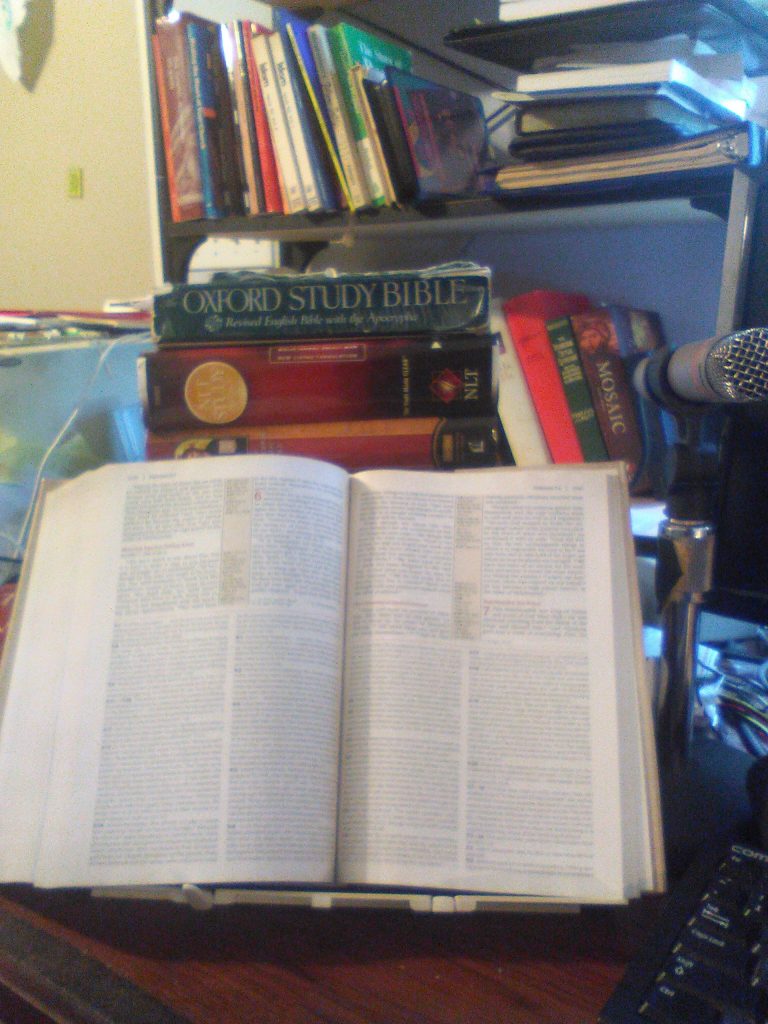Link: The Temptation of Jesus and Intertextuality
Donald C. McIntyre is writing a series about the temptation of Jesus and the texts Jesus used. Do we understand this usage correctly? He titles this What If We Got the Temptation of Jesus Wrong?, and I’m calling attention to part II of the series.
I am always interested in intertextuality and the way it is used. I suggest a couple of things to consider regarding McIntyre’s post:
- Would this interpretation depend in any way on how one dates the Pentateuch or on one’s conclusions about authorship?
- What about one’s view of progressive revelation? Trajectories?
- How does one guard against incorporation of material that the author does not intend?
None of these questions result from concerns about McIntyre’s presentation, which I appreciate. These questions are ones to carry with you as you relate scripture to scripture.



In an attempt to answer to your questions:
1: Yes, it would. The “second generation” addressed in Deut. is most likely the exiles in Babylonia. The real author(s) of Deut., written during the exile, rehearsed the wanderings in such a way as to warn the exiles that they may well find themselves in another foreign land should they not return faithfully to the law. How we would use that to inform us of Jesus’ use of Deut. escapes me.
The questions is not, did Jesus understand himself as functioning as the second generation, but did Matthew who constructed this incident for his own purposes.
I also find MacIntyer thoroughly dependent upon non-critical approaches to the canon. It seems he actually believes Moses wrote Deut. Consequently, he works in an atonement theory by a huge expansion of the intention of Matthew.
2. Regarding progressive revelation: My post on Sensus Plenior: Legitimate or Smoke and Mirrors?
https://faithontheedge.org/sensus-plenior-legitimate-or-smoke-and-mirrors/
3. Peer review is the only thing that comes to mind. We should also consider that authorial intent is not the only criteria we can use for interpretation. Even that is often nothing more than attempted mind-reading.